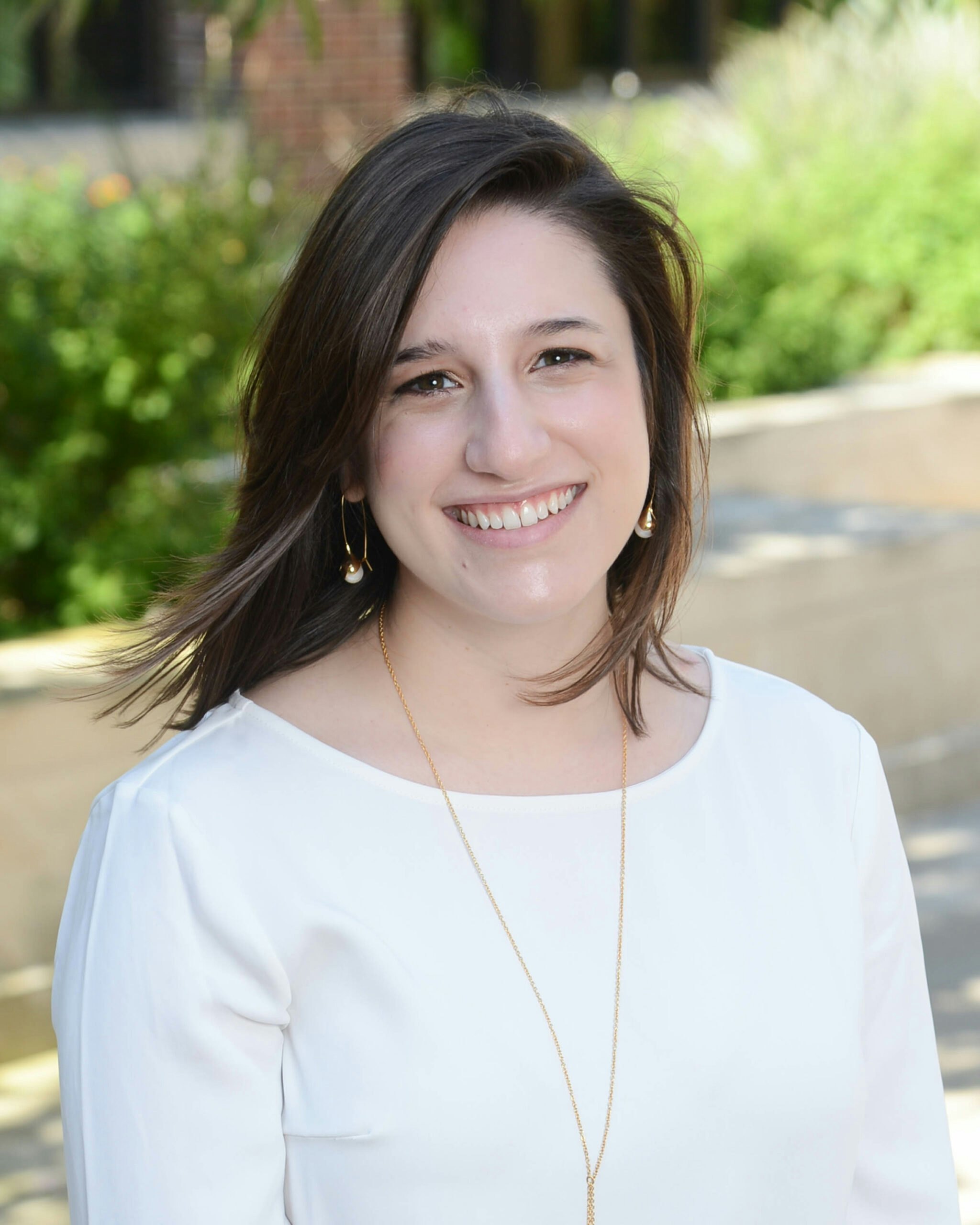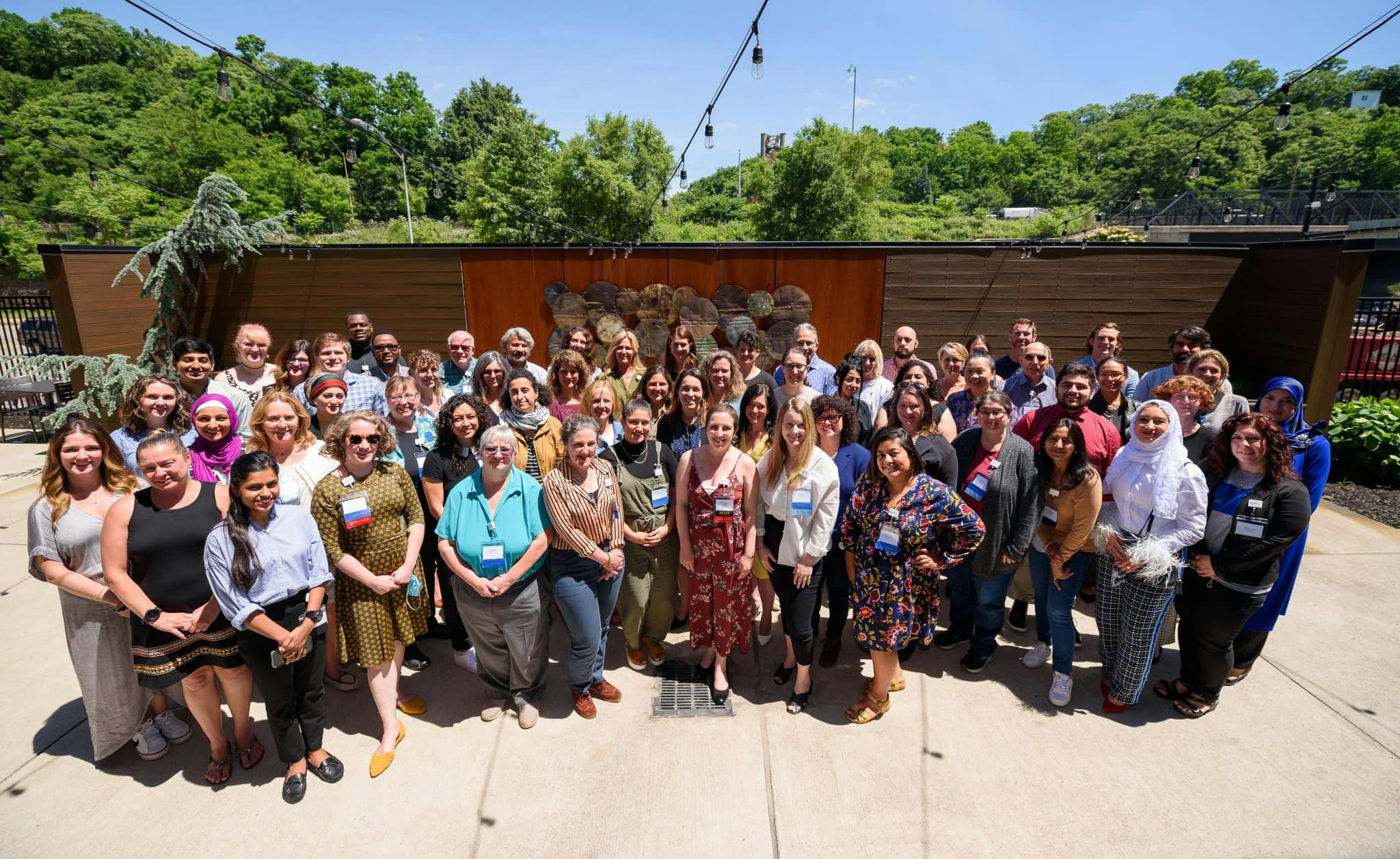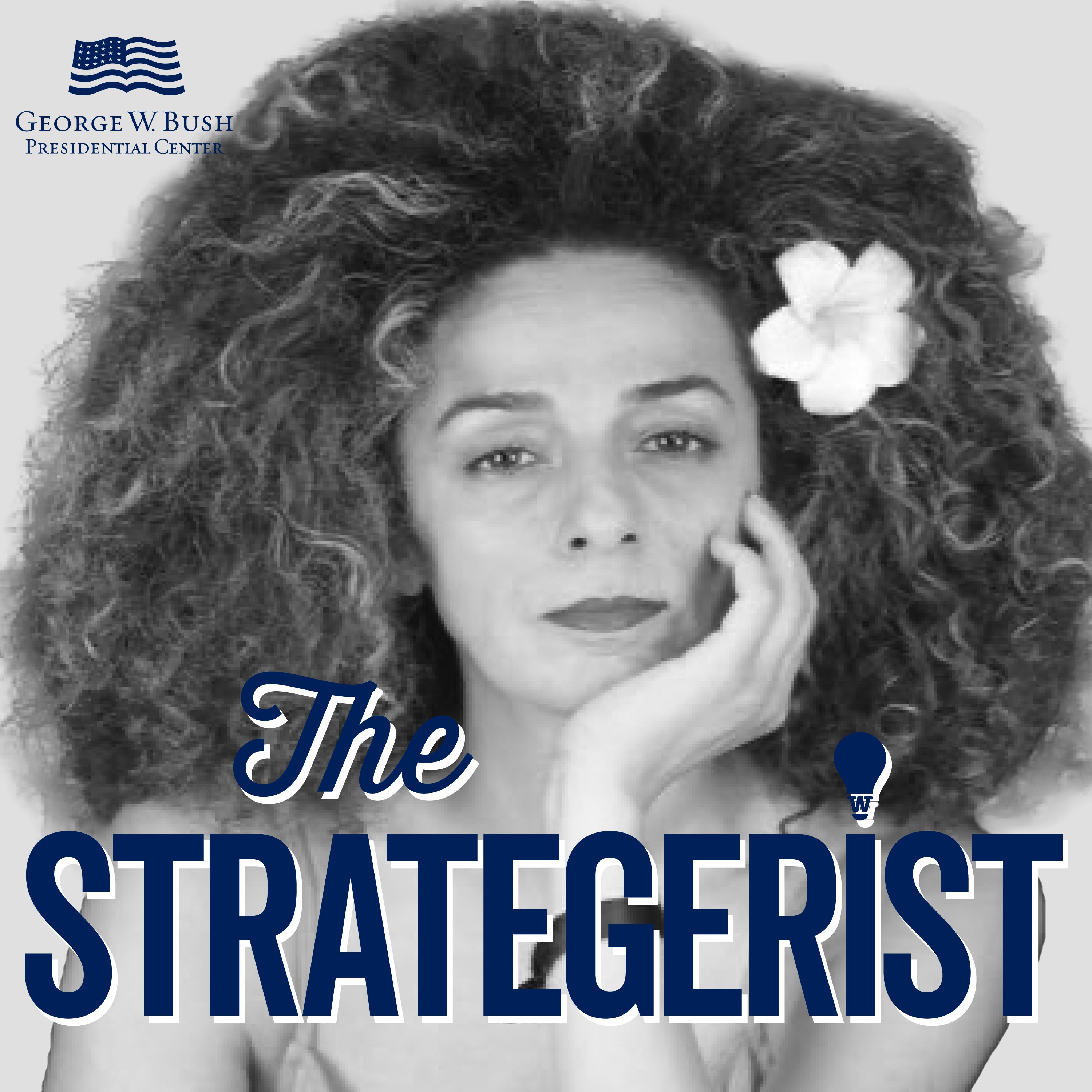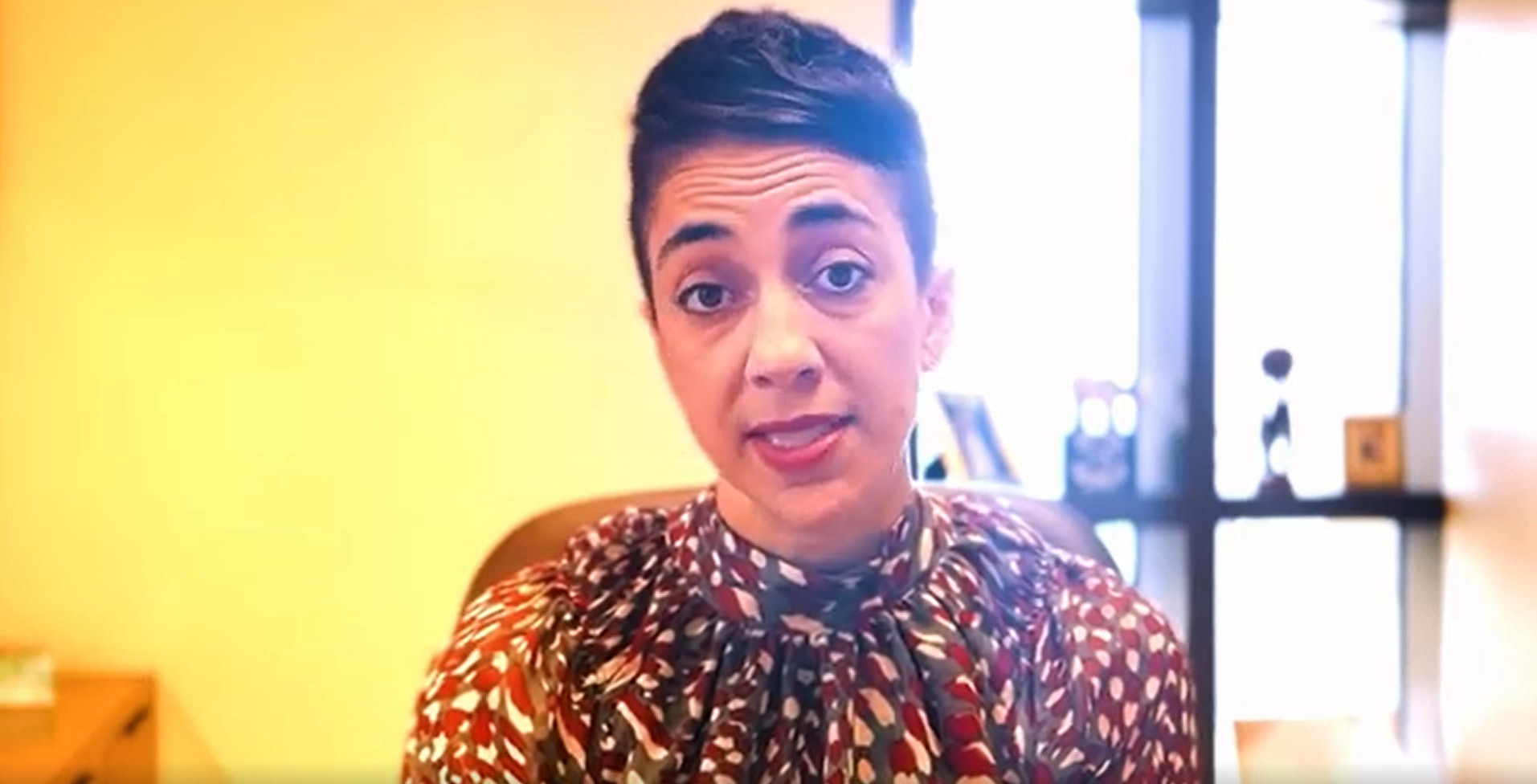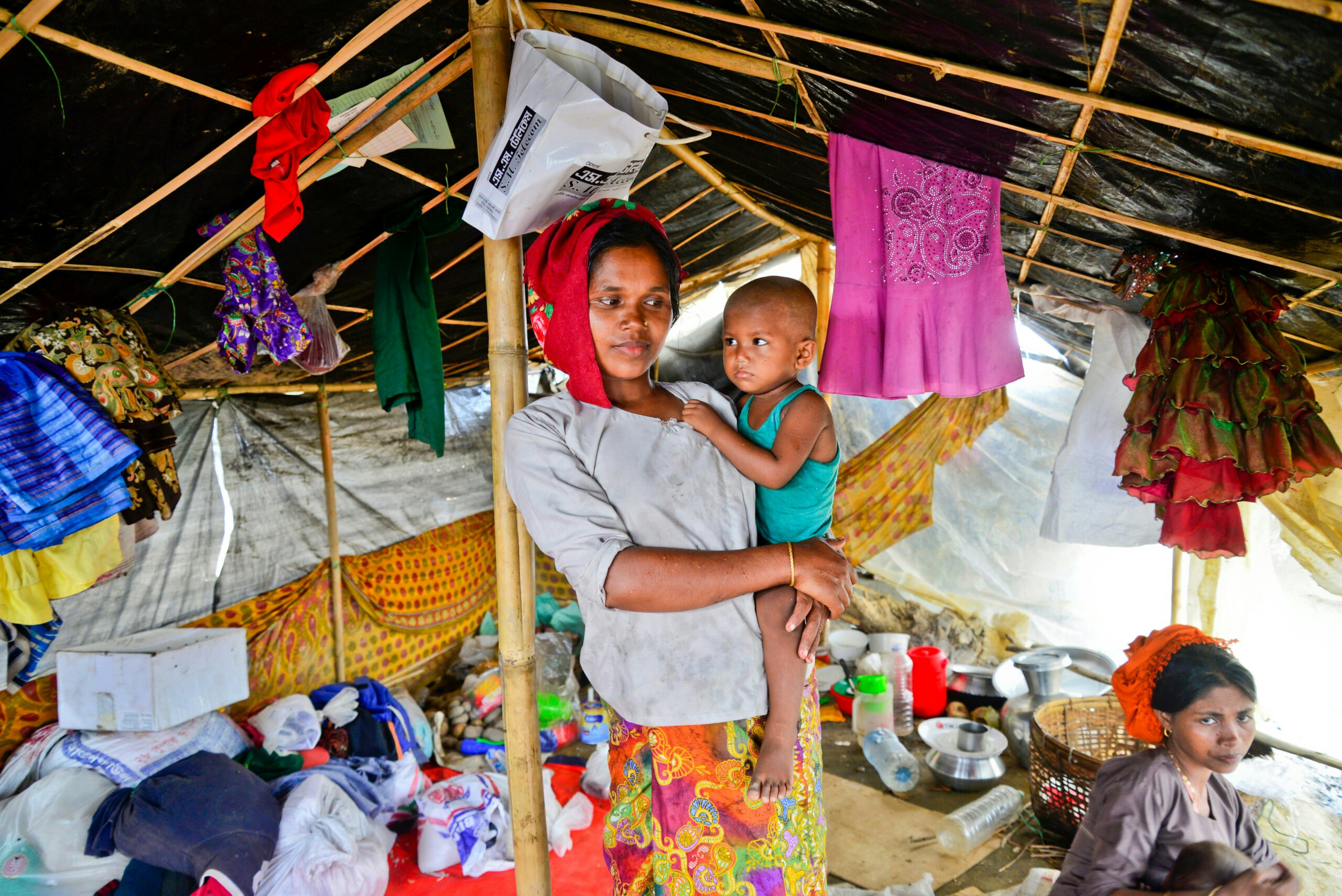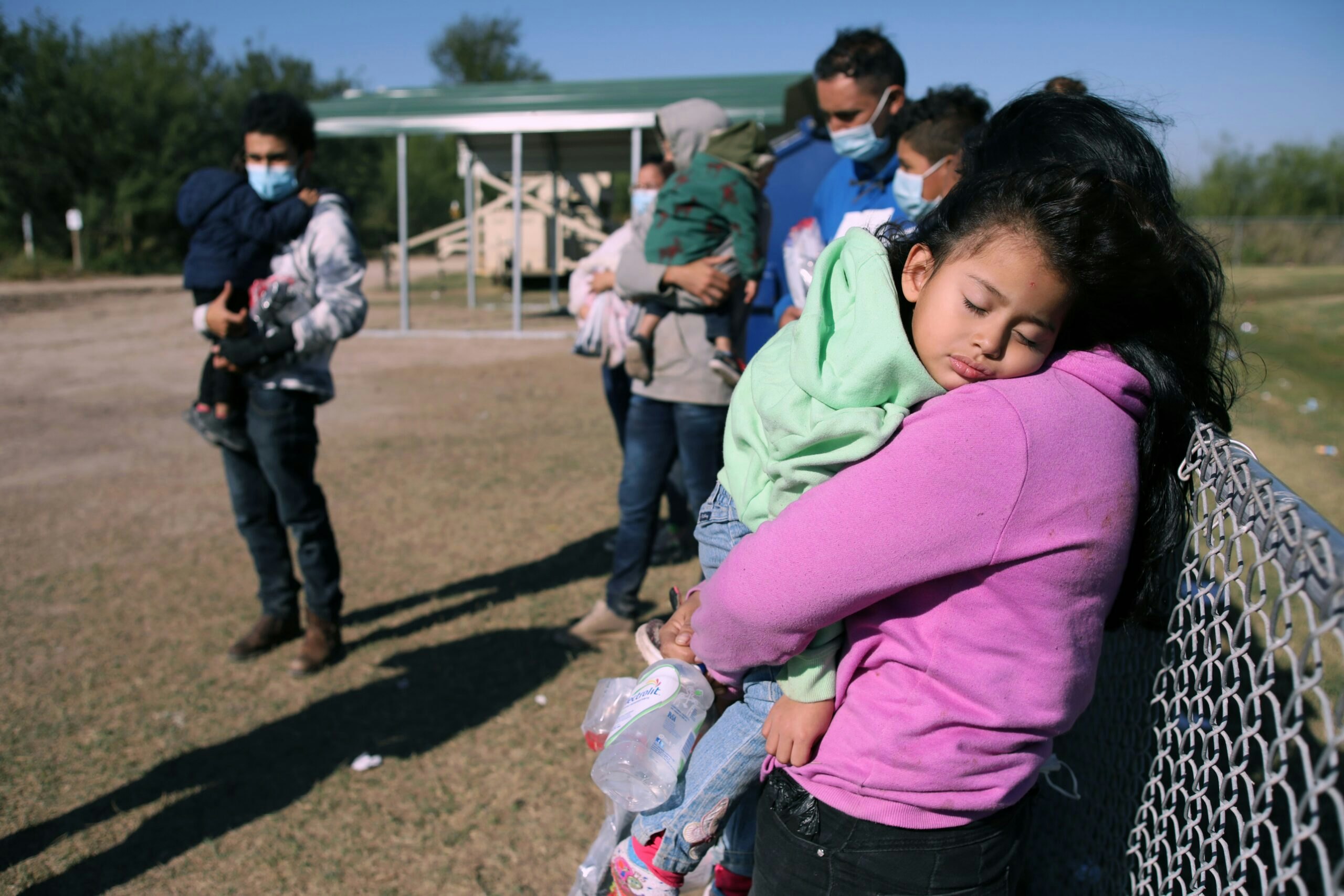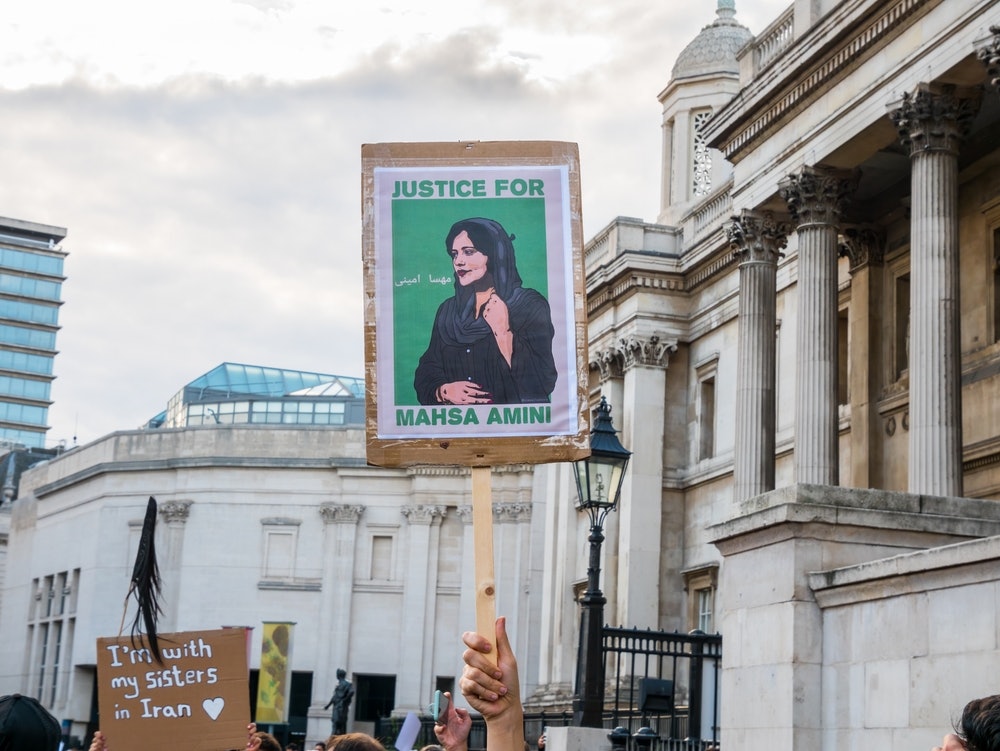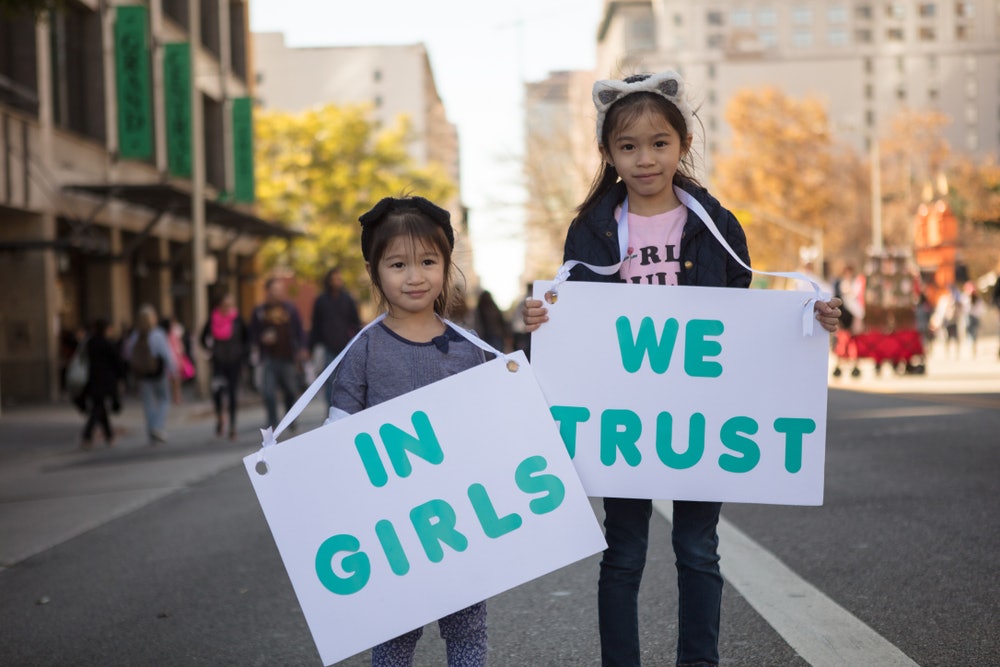At the 2017 Annual Concordia Summit Mrs. Laura Bush had a conversation with the First Lady of Namibia Monica Geingos and First Lady of Panama Lorena Castillo García de Varela about the role of first spouses, the value of women’s leadership, and how first spouses can be prominent voices for change around the world.
When used effectively, a first lady’s podium is a catalyst for change. Unelected but official, spouses of state and government leaders have a unique opportunity to build bridges between civil society and government institutions. Both at home and abroad, they have leveraged their influence to champion causes including social and economic inclusion, education and healthcare, peace and security, and women and children’s rights, among many others. Yet, despite this influence, there exists little research on the role of first ladies. The Bush Institute’s First Ladies Initiative aims to change that by expanding the scholarship on spouses of state leaders with A Role Without a Rulebook: The Influence and Leadership of Global First Ladies .
At the 2017 Annual Concordia Summit Mrs. Laura Bush had a conversation with the First Lady of Namibia Monica Geingos and First Lady of Panama Lorena Castillo García de Varela about the role of first spouses, the value of women’s leadership, and how first spouses can be prominent voices for change around the world. Executive Director of UNAIDS Michel Sidibé led the conversation. Below are some key quotes highlighting how the leadership of first ladies can and does make an impact.
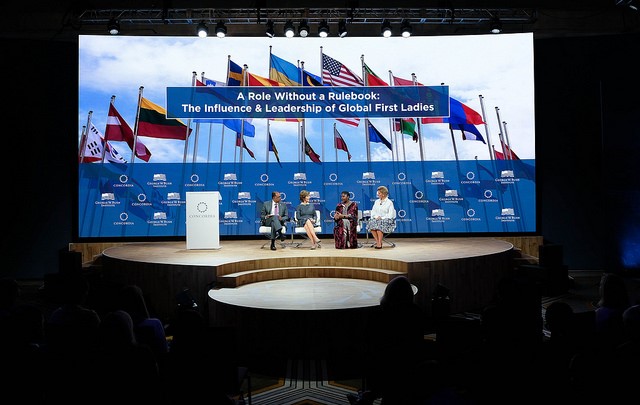
“I know from firsthand experience the power of first ladies. They have been our best allies, they have moved the agenda with skill and impact. With their contribution we have seen change, we have seen a reduction in discrimination, and we have seen a strong advocacy to place social change and inclusion in the center of our action.” – Executive Director Michel Sidibé
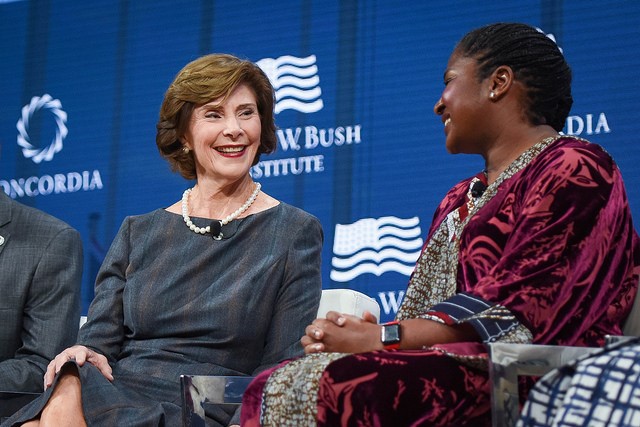
“I started with what I already had, I was a teacher and started with literacy. I hosted the first national book festival on September 8, and then on September 11 everything changed for us. Really, our whole role changed. You come with what you have already and then things change and you find new interests.”—Mrs. Bush

“In Latin America there are certain things you don’t talk about, but we got it out [advocacy and awareness on HIV/AIDS]. We made sure everyone had something to say, that everyone had a voice.”—First Lady of Panama Lorena Castillo García de Varela

“Some of the most consistent feedback we have been getting from young people is parents not talking about sex. Being a parent myself, I understand how difficult it is. We started listening to [the young people in Namibia] and have them lead the conversation. We let them talk in the language they understand, but we use the opportunity to give them the resources and information they need.”—First Lady of Namibia Monica Geingos
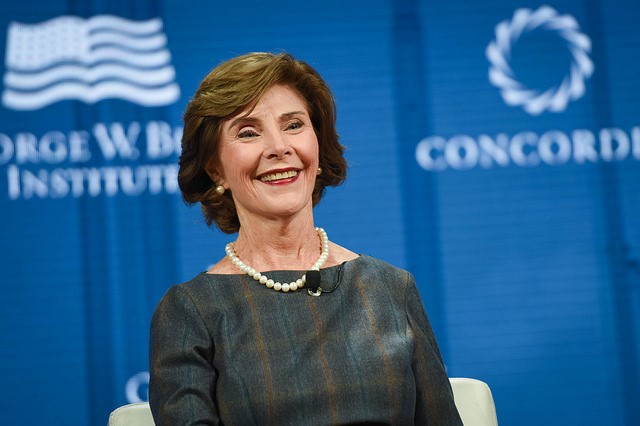
“We looked around the world and saw that women are living with HIV/AIDS, but dying from cervical cancer. So we launched Pink Ribbon Red Ribbon (PRRR). It’s important that we work together with those countries and with the UN to vaccinate [girls and screen and treat women in Africa and Latin America].” – Mrs. Bush
Watch the conversation here. To learn more about the leadership potential of the first lady role, the common and uncommon challenges women face in realizing that potential, and how first ladies overcome those challenges to effect change read A Role Without a Rulebook: The Influence and Leadership of Global First Ladies.

